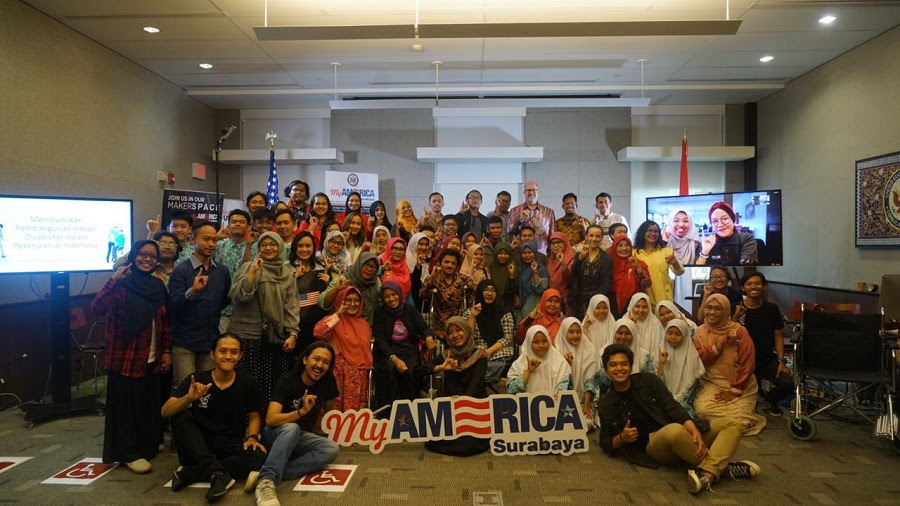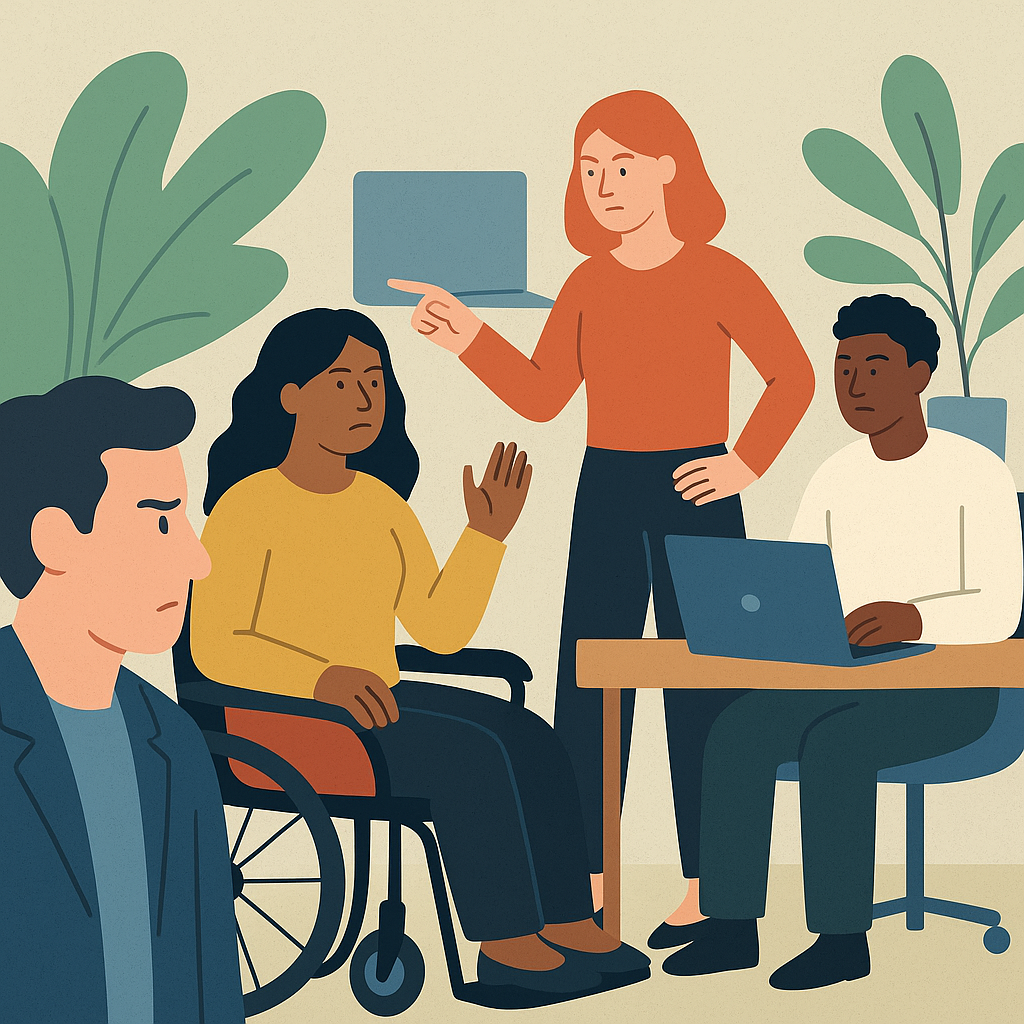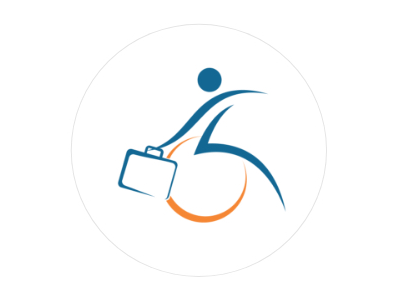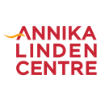Ableism di kantor itu sering banget hadir dalam bentuk yang halus, sehalus sutra, tapi nusuknya kayak paku. Bukan selalu komentar jahat atau diskriminasi terang-terangan. Kadang, bentuknya cuma kalimat kecil yang dilontarkan sambil lalu, tatapan yang terlalu lama, atau nada bicara yang penuh asumsi. Dan meski kecil, dampaknya bisa besar banget.
Di banyak perusahaan, masih ada budaya diam soal disabilitas. Orang berpikir mereka sudah “baik” karena tidak mem-bully siapa pun. Padahal, ableism bukan soal siapa yang jahat tapi soal sistem dan kebiasaan yang membuat penyandang disabilitas harus kerja dua kali lebih keras untuk mendapatkan perlakuan yang sama.
Misalnya, komentar seperti “Kamu yakin bisa pegang project besar?” atau “Nanti kalau kamu kecapean gimana?” yang terdengar seperti perhatian, tapi sebenarnya mempertanyakan kemampuan seseorang. Atau saat karyawan disabilitas dianggap “inspiratif” hanya karena melakukan pekerjaan yang sama dengan semua orang. Itu bukan pujian, itu merendahkan secara halus.
Dan yang sering dilupakan: nggak semua disabilitas itu kelihatan. Banyak orang di kantor yang punya kondisi yang tidak mereka ceritakan ke siapa pun, mulai dari autism, ADHD, dyslexia, gangguan pendengaran ringan, sampai chronic pain dan kondisi mental. Jadi ketika perusahaan merasa “kayaknya kita nggak punya karyawan disabilitas”, biasanya itu bukan karena mereka nggak ada. Tapi karena mereka nggak merasa aman untuk terbuka.
Ableism juga bisa muncul dari sistem kerja yang nggak mikirin aksesibilitas. Ruang meeting tanpa caption, kantor yang cuma bisa diakses lewat tangga, alat kerja yang nggak ramah screen reader, atau job posting yang pakai bahasa kriteria fisik yang sebenarnya nggak relevan. Semua itu bikin orang disabilitas bener-bener merasa, “Tempat ini bukan untuk gue.”
Dan efeknya? Nggak kecil. Microaggression yang diulang setiap hari bikin orang capek, mikir berkali-kali kalau mau speak up, merasa keberadaannya merepotkan orang lain, atau bahkan mempertimbangkan resign. Perusahaan akhirnya kehilangan talent bagus bukan karena mereka nggak kompeten, tapi karena lingkungan kerjanya gagal jadi tempat yang aman.
Kalau benar-benar ingin jadi kantor yang inklusif, langkah pertamanya sederhana: berhenti sok tahu. Daripada nebak-nebak apa yang orang butuhkan, lebih baik tanya. Dengarkan tanpa defensif. Terima bahwa kebutuhan orang berbeda, dan itu bukan masalah. Tunjukkan kepedulian lewat aksi sehari-hari, bukan cuma lewat perayaan Hari Disabilitas Internasional.
Inklusi disabilitas juga bukan pekerjaan yang hanya ditanggung HR. Ini budaya. Cara tim bekerja. Cara atasan bersikap. Cara perusahaan membangun ruang untuk semua orang. Ketika pemimpin membiarkan komentar ableist lolos begitu saja, pesan yang sampai ke tim adalah: “It’s fine.” Tapi ketika pemimpin berani bilang, “Eh, itu nggak oke,” budaya mulai berubah.
Pada akhirnya, inklusi bukan acara tahunan, bukan kampanye branding, dan bukan tugas PR. Inklusi adalah pilihan yang kita buat setiap hari—cara kita ngomong, cara kita mendengarkan, dan cara kita menghargai orang tanpa pakai kacamata asumsi.
Dan kalau perusahaan ingin tetap relevan, kompetitif, dan manusiawi, ada satu kalimat yang harusnya sudah jadi standar:
Ableism? Di sini udah nggak main kayak gitu.




























